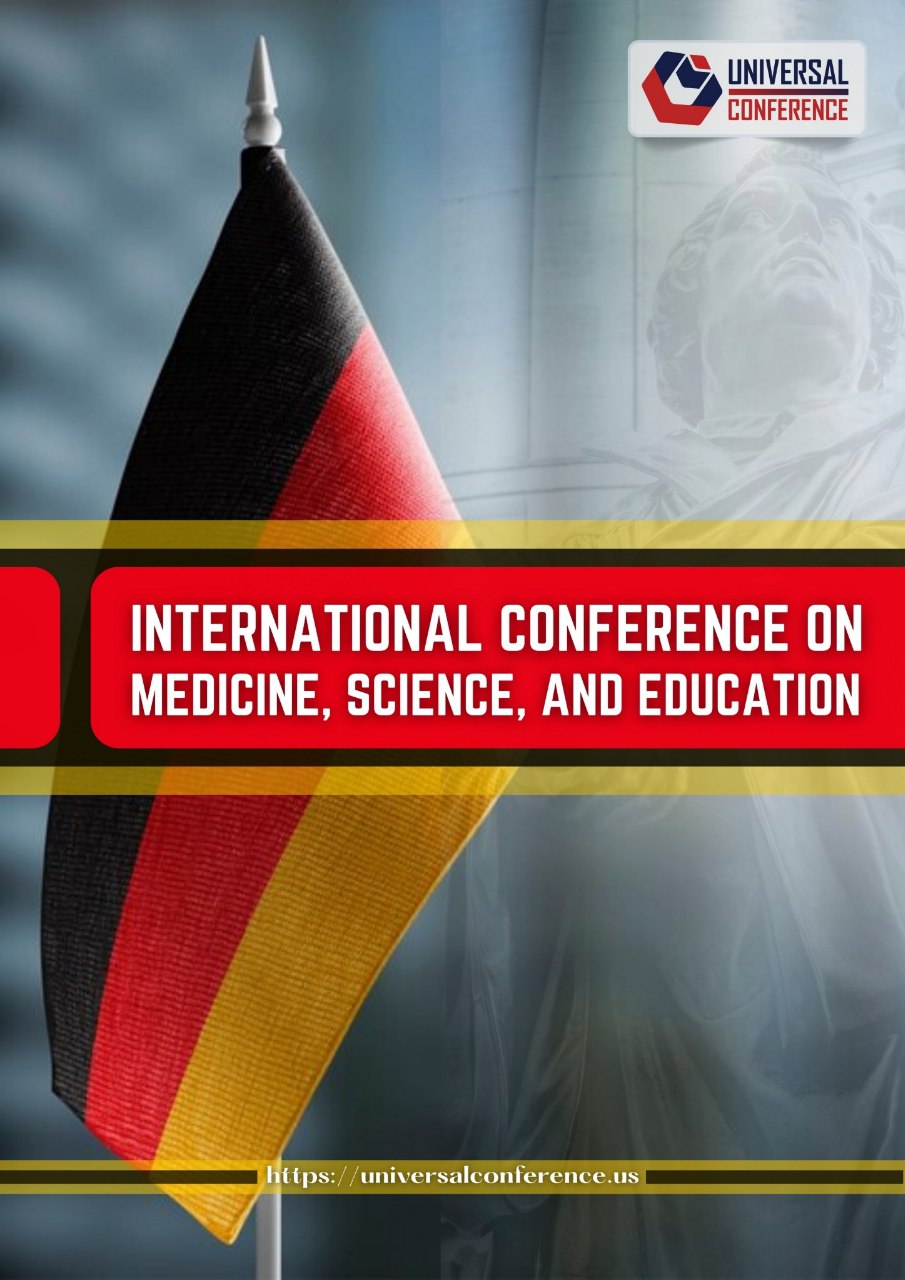LEARNING STYLES AND APPROACHES TO STUDYING
Keywords:
objectives of article, visual learners, auditory learners, reading and writing learners, kinesthetic learners, multiple Intelligences, the role of context, learning strategies, approachesAbstract
The concept of learning styles has gained significant attention in educational research and practice over the past few decades. This article explores the various learning styles and approaches to studying, examining how individuals acquire, process, and retain information differently. It discusses the implications of these differences for educational settings and highlights the importance of adapting teaching methods to accommodate diverse learning preferences. A review of relevant research illustrates the relationship between learning styles and academic performance, ultimately advocating for a more tailored approach to education that considers individual differences.
References
1. Fleming, N. D., & Mills, C. (1992). Not Another Inventory, Rather a Catalyst for Learning. To Improve the Academy, 11(1), 137-155. 2. Gardner, H. (1983). Frames of Mind: The Theory of Multiple Intelligences.
Basic Books. 3. Kolb, D. A. (1984). Experiential Learning: Experience as the Source of Learning and Development. Prentice Hall. 4. Pashler, H., et al. (2008). Learning Styles: Concepts and Evidence.
Psychological Science in the Public Interest, 9(3), 105-119. 5. Jumayeva, M. (2022). Analysis of The Views of Scientists of The Renaissance, Based on A Unique Approach To Pedagogy And Education And Upbringing. Science and Innovation, 1(5), 26-29. 6. Bekzodovna, J. M., & Akbarovna, D. G. (2023). Innovative Methods and Tools in Higher Education. Science and Innovation, 2(11), 708-715. 7. Ikrambayevna, S. D. (2024). Classification of Functions of Communicative Strategy and Tactics in Political Communication. Miasto Przyszłości, 50, 548-553. 8. Sattarova, D. (2024). Siyosiy Muloqotning Pragmatik Aspektlari. Tamaddun Nuri Jurnali, 5(56), 380-383. 9. Axmedova, D., & Zarmaskhonov, S. (2024, February). Exploring Global Perspectives In Language Teaching And Learning. In Conference Proceedings: Fostering Your Research Spirit (pp. 205-207). 10. Sattarova, D. (2024, January). Siyosiy Notiqlikning Milliy Mаdаniy Vа Lisoniy Tаhlili (Oʼzbekiston Respublikasi Birinchi Prezidenti Iа Karimov Nutqlari Asosida). In Международная конференция академических наук (Vol. 3, No. 1, pp. 5-7). 11. Sattarova, D. (2023). Komunikativ Diskursning Tadqiqot Ob’yekti.
Молодые ученые, 1(22), 41-43. 12. Ikramboyevna, A. D., & Ikramboyevna, S. D. (2023). The Ways of Forming Secondary Nomination in Uzbek Language and Its Impact on Linguistics. 13. Suleymanova, N. M. (2020). On The Nominative Nature Of The Sentence.
Theoretical & Applied Science, (4), 307-309.
14. Сулейманова, Н. М. (2017). Номинативный аспект речевого процесса.
In Humanities and Social Sciences in Europe: Achievements and Perspectives (pp. 76-82).
15. Suleymanova, N. M., & Idiyev, A. R. O. G. L. (2021). Gapning Nominativ Aspekti Va Uning Kommunikativ Jarayoni Haqida. Academic research in educational sciences, 2(12), 805-809. 16. Сулейманова, Н. М., & Абдуллаева, Л. Т. (2017). Имманентный характер синергетических свойств единиц языковой системы. In Инновации В Современном Языковом Образовании (pp. 61-65). 17. Shokhista, R. (2023). The Significance Of Emphasizing Communicative Competence As The Foundation For Teaching Listening And Speaking Skills Rustamova Shokhista Sharifovna. International Journal of Contemporary Scientific and Technical Research, 25-28. 18. Rustamova, S. S. (2023, January). The Importance Of Speaking Activities In Teaching English. In International Conferences (Vol. 1, No. 1, pp. 357-361). 19. Makhmudova, G. N., & Gulomova, N. F. (2023). Unlocking the potential of the digital econ-omy in the EAEU countries: identifying and overcoming obstacles. π-Economy, 16 (4), 7–25. DOI: https://doi. org/10.18721/JE, 16401. 20. Гуломова, Н. (2022). Основные компоненты развития «умного» туризма в регионах. Направления развития благоприятной бизнес-среды в условиях цифровизации экономики, 1(01), 63-67. 21. Makhmudova, G., Gulomova, N., & Mirzaev, D. (2022). Legal aspects of cryptocurrency and blockchain technologies: Uzbekistan and foreign experience. 22. 니고라. (2017). Empowering Women Sports Leaders in Uzbekistan A critical analysis of transforming the role of Women in Sports Management (Doctoral dissertation, 서울대학교 대학원). 23. Махмудова, Г. Н., & Гуломова, Н. Ф. (2023). Unlocking the potential of the digital economy in the EAEU countries: identifying and overcoming obstacles. π-Economy, 16(4), 7-25. 24. Махмудова, Г. Н., & Гуломова, Н. Ф. (2023). Проблемы формирование цифровой экономики в странах ЕАЭС. In Интеллектуальная платформенная экономика: тенденции развития (pp. 10-48). 25. Sharifovna, R. S. (2022). Teaching Spoken English To Upper Class Pupils.
Confrencea, 6(6), 87-89.
26. Bekzodovna, J. M., & Akbarovna, D. G. (2023). Innovative Methods and Tools in Higher Education. Science and Innovation, 2(11), 708-715. 27. Sharifovna, R. S. (2022). Class Size And The Learning-Teaching Process In Upper Classes. Journal of new century innovations, 14(1), 86-98. 28. Sharipovna, R. S. Peculiarities Of Teaching English In Secondary Schools In Uzbekistan. International Journal of Innovations in Engineering Research and Technology, (2), 1-5.







